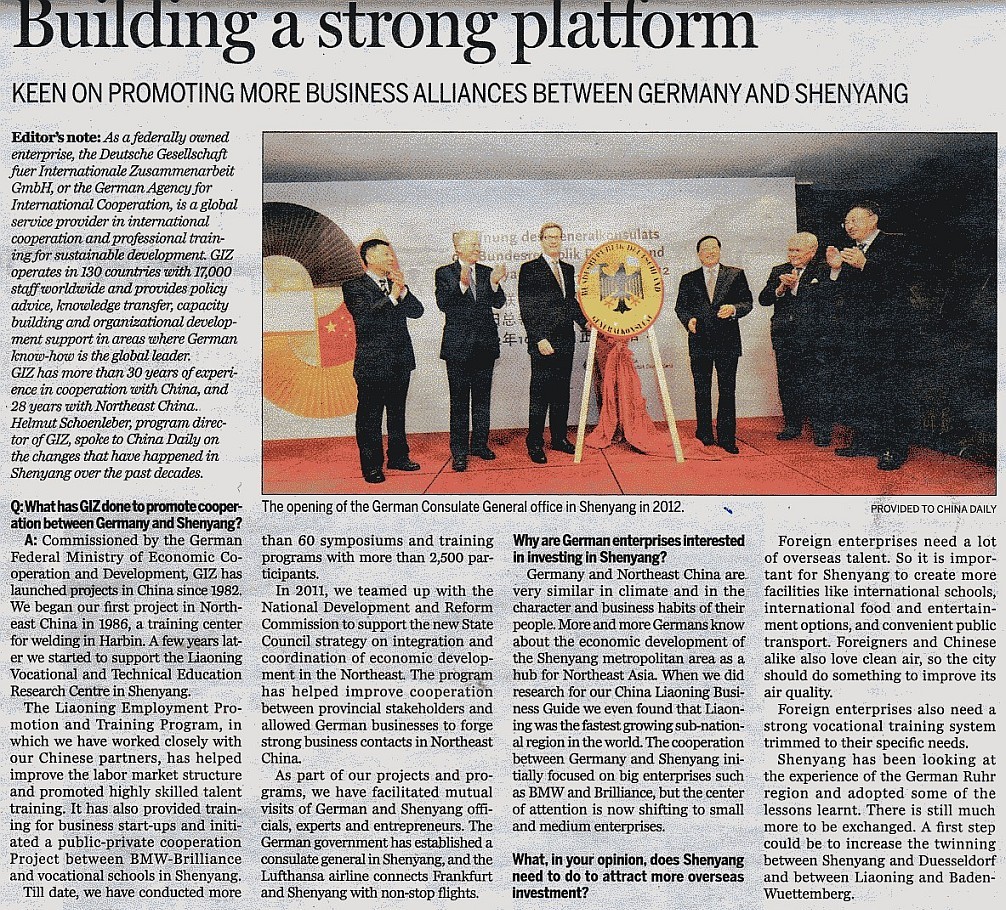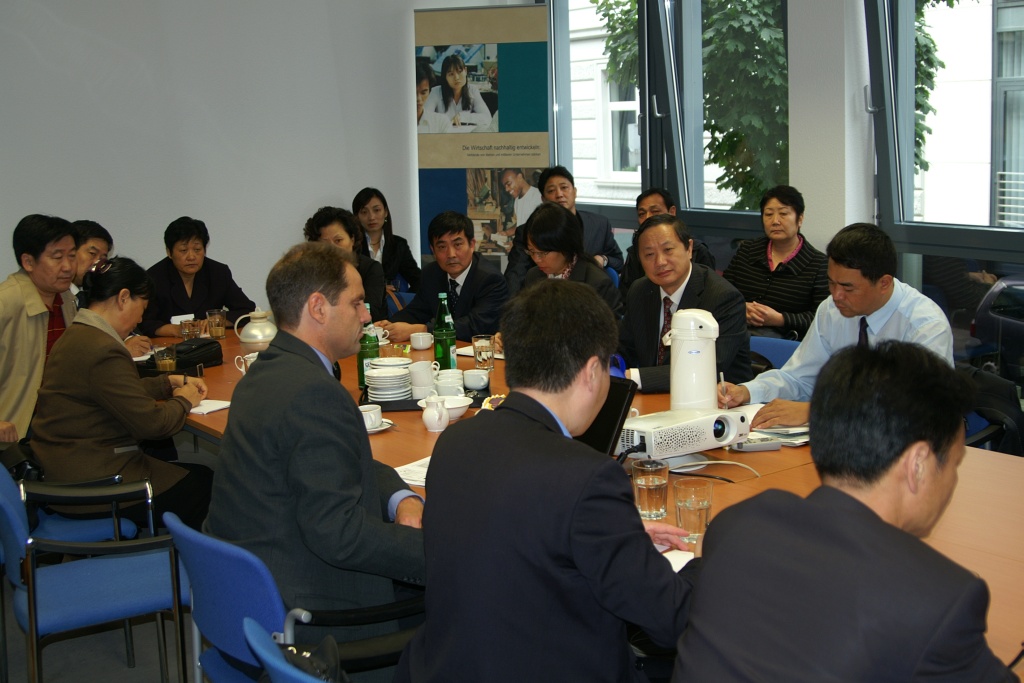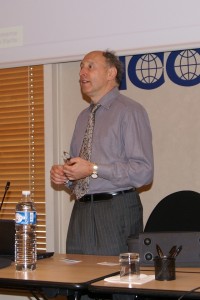China Daily Editor’s note
As a German federally-owned enterprise, the Deutsche Gesellschaft für Internationale Zusammenarbeit (GIZ) GmbH is a global service provider in international cooperation and professional training for sustainable development. GIZ operates in 130 countries with 17,000 staff members worldwide and provides policy advice, knowledge transfer, capacity building and organisational development support in areas where German know-how is world-leading.
GIZ has more than three decades of experience in cooperation with China, and 28 years with Northeast China. What changes happened in Shenyang over the past decades? What are the main achievements of the cooperation between Germany and Shenyang? Helmut Schönleber, Programme Director of GIZ, shares his views with China Daily.
Q: What role does GIZ play in promoting the cooperation between Germany and Shenyang? What are the main achievements?
Commissioned by the German Federal Ministry of Economic Co-operation and Development, GIZ launched projects in China since 1982. We began our first project in Northeast China in 1986, a Training Centre for Welding in Harbin. Just a few years later, we started to support the Liaoning Vocational and Technical Education Research Centre in Shenyang, and implemented our regional projects from our Shenyang Office ever since.
In the Liaoning Employment Promotion and Training Programme, we worked together with our Chinese partners on improving the labour market structure, supported highly skilled talent training, provided training for business start-ups, and initiated a Public-Private Cooperation Project between BMW-Brilliance and vocational schools in Shenyang. In total, we held more than 60 symposiums and trainings with over 2,500 participants.
In 2011, we started to cooperate with Development and Reform Commissions in a programme to support the new State Council strategy on integration and coordination of economic development in the Northeast. The programme achieved a good improvement in cooperation between provincial stakeholders, and contributed to an impulse on German business contacts with Northeast China.
In our projects, we arranged many mutual visits of German and Shenyang officials, experts, and entrepreneurs to build new partnerships. Germany established a Consulate General in Shenyang, and German Lufthansa Airlines connected Frankfurt and Shenyang with a non-stop flight, starting in 2012.
Q: Why are German enterprises interested in investing in Shenyang?
Germany and Northeast China are similar in climate and in the character and business habits of our people, such as seeking excellence in profession. More and more Germans know about the economic development of the Shenyang Metropolitan Area as a hub to reach all of Northeast Asia. When we did research for our “China Liaoning Business Guide”, we even found out that Liaoning was the fastest growing sub-national region in the world, far ahead of Ile-de-France, Greater London, California, Tokyo-to or Bavaria. Both the matching character of people and the amazing growth opportunities are important for attracting German enterprises.
The cooperation between Germany and Shenyang initially focused on big enterprises such as BMW and Brilliance, but the centre of attention is now shifting to small and medium enterprises. They are concerned with demand and supply, the location of customers and competitors, and the political environment when selecting their location for investment.
Q: What factors will German investors consider if they want to invest in Shenyang?
Aside from industry-specific key factors, German companies consider investing here due to the national Shenyang Metro development plan and the preferential policies expected to be applied. Compared to other locations, the Shenyang workforce has a higher level of professional training, but there is still much room for improvement. The city and the provincial government seem to pay attention to provide quality human resources for foreign enterprises.
Q: What’s your suggestion for companies in Shenyang on attracting German partners?
Firstly, German enterprises like to cooperate with foreign partners in the same field of operations. So, Shenyang enterprises should get to know German enterprises in their specific market niche.
Secondly, German companies like partners who apply a similar work attitude as they do. They like precision, specialization, efficiency, reliability, honesty, and openness. Shenyang enterprises with those characteristics will more easily succeed in finding German partners.
It is one of the objectives in our Northeast Programme to promote economic cooperation between enterprises of our two countries. Within our project, over 200 north-eastern enterprises will build cooperation with Germany. We will provide entrepreneurs of Shenyang the opportunity to meet German entrepreneurs. It will be up to them to turn these opportunities into successful cooperation.
Q: In your opinion, what needs to be improved in Shenyang?
Foreign enterprises need foreign people. I suggest Shenyang to pay more attention to providing proper services for these people, such as more international schools for their children, international food and entertainment, and convenient public transportation. Foreigners and Chinese alike also love clean air, so try to improve air quality.
Foreign enterprises also need a strong vocational training system trimmed to their specific needs. German enterprises consider their long-term development more than others, so they require the availability of talents they need in 10 or 20 years.
Shenyang has been looking at the experience of the German Ruhr Area, and adopted some of the lessons learnt. I think there is still much more to be exchanged. Why not intensify the twinning between Shenyang and Düsseldorf and between Liaoning and Baden-Württemberg? We at GIZ will be happy to assist in all these endeavours.



